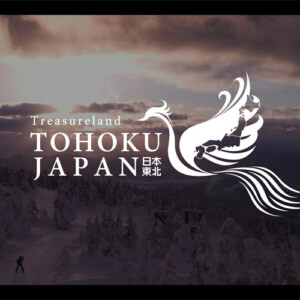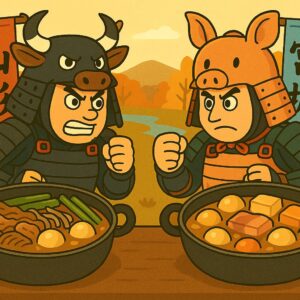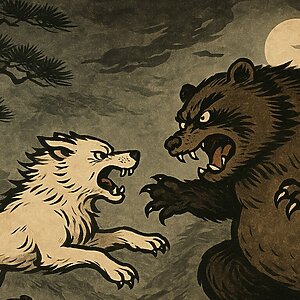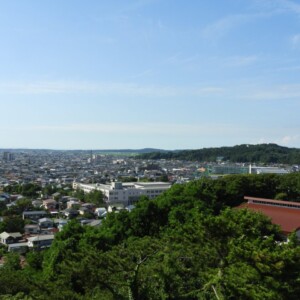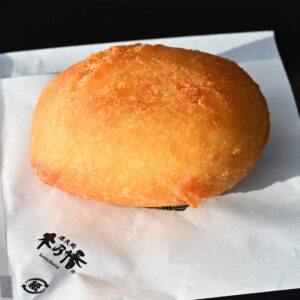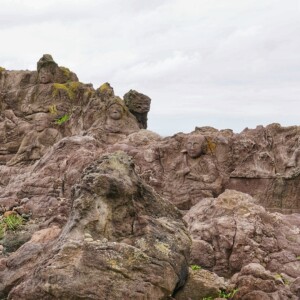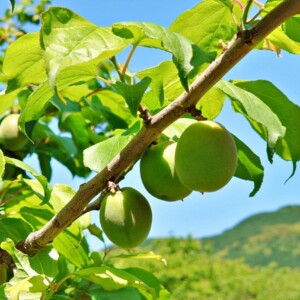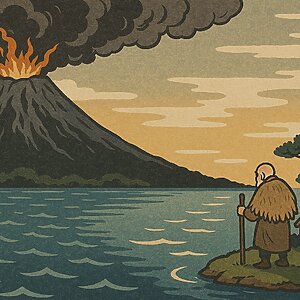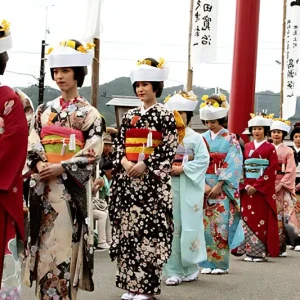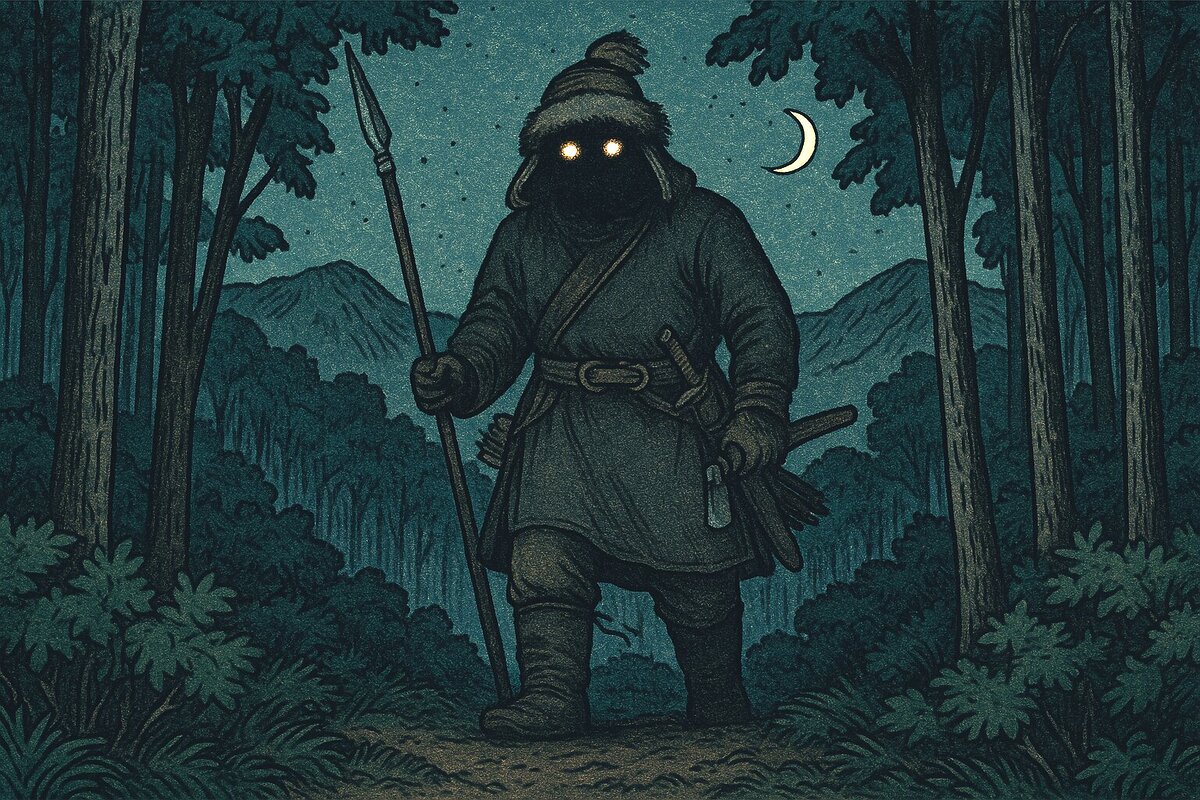
If you cry, "Mocco" will come!? Investigating the mystery of trauma among children in Tsugaru [Aomori Prefecture]
"If you cry, Mokko will come from the mountain."
This phrase has been used for a long time, mainly in the Tsugaru region of Aomori Prefecture, and is said to be a ``discipline'' today, if you talk to people from Aomori Prefecture, there is a fairly high chance that they will say, ``When I was little, my parents threatened me with the story of Mokko...''
a lullaby featuring "Mocco" has been handed down in the area around the former Kizuku Town (now Tsugaru City) in Aomori Prefecture
Although there are some differences between "moko," "mocco," and "moco," it seems to be a common presence in northern Akita Prefecture and some parts of Iwate Prefecture. But what exactly is a mokko?
A ghost? A monster? Or something else...?
This time, we will explore the history and folklore of Tsugaru while introducing various theories about this mysterious existence known as "Mocco"
Mocco = Mongolian (Mouko) theory
Many people may think "Could it be?" when they hear the sound, and one of the most commonly discussed theories "mocco" may be the same as "Mongol (Mouko).
Furthermore, this theory that Mocco means Mongolia (Mouko) branches into two further theories.
Oral legends of refugees from Tsushima and Iki during the Mongol invasions
During the Kamakura period, the Yuan Dynasty (Mongol Empire) invaded Japan twice, in 1274 (Bun'ei War) and 1281 (Kōan War)
![Picture Scroll of the Mongol Invasion, Volume 1, Picture 7. [Bun'ei War]](https://jp.neft.asia/wp-content/uploads/2025/04/Moko_Shurai_Ekotoba-800x268.jpg)
the Mongol Invasions , this was a major incident that is taught in Japanese history classes. At the time, Tsushima and Iki, which are now part of Nagasaki Prefecture, were remote islands and therefore became the front line of defense, with villages being burned and many residents massacred.
Furthermore, there are many families in the Tsugaru region that bear the surname "Tsushima," and it is said that "people from Tsushima who fled the damage caused by the Mongol invasions drifted north and eventually settled in Tsugaru."
- Reference: Surname Origin Net – Origin and Distribution of Tsushima-san
- Reference: Surname Origin Net – Origin and Distribution of Tsushima-san
the hypothesis is that the "terror of the Mongol army" told by refugees who arrived in Tsugaru from Tsushima was eventually passed down as a "mountain monster that kidnaps crying children," "Mocco ."
Oral legends from refugees of the Yuan (Mongol Empire) invasion of Sakhalin
The Yuan Dynasty (Mongol Empire) also sent troops north in the late 13th century
that from 1284, after the second invasion of Japan, the Koan War (1281), there were invasions of Sakhalin
The second theory is that, due to the possibility that this expedition drove the Ainu people of Sakhalin from their land and sent them fleeing to Hokkaido and even Honshu, the " terror of army of took root in the region in the form of "mokko."
Although compelling, there is no clear evidence for either theory
There is no clear evidence for either theory, so it is merely speculation, but they do have a certain degree of persuasiveness
Perhaps both are true, and refugees came from the south, but a few years later they also came from the north
It is possible that this was intended to stir up fear among the people of Tsugaru, making them wonder, "Just how terrifying is the Mongol army, which is wreaking havoc both in the north and south?"
the "mokko" that is deeply engraved in the hearts of the people of Tsugaru is the driving force behind the story being passed down without fading even now, hundreds of years later.
There are various other theories
There are many other theories about the origin of the mokko. However, please note that not all of them are merely speculations.
The spiritual existence of mountains
ancient times in Japan, it has been believed that "gods and spirits reside in mountains," can be thought to be influenced by such nature worship
Onomatopoeia and emotional expression theory
the word "mocco" itself does not have a meaning, but to sound frightening a "discipline word" that would frighten children with just the sound it produced .
Ainu language and northern origin theory
"mokko" may have been corrupted from a northern language, such as the Ainu language . There are areas in the Tsugaru region that are said to have had contact with Ainu culture since ancient times, and it cannot be denied that some aspect of that culture may have influenced the legend.
The theory that it symbolizes a punisher like "Namahage"
There is also a theory that there may have been a being called "Mocco" who acted as an "educator" in a custom that was passed down in a certain region or village in Tsugaru, similar to the "Oga Namahage" of Akita
summary
The Tsugaru region is located on the Sea of Japan side of Aomori Prefecture, and is a region where trade using the sea flourished in exchange for the abundant products of the Tsugaru Plain. It is possible that a creature like the "mokko," a mixture of various memories, was born as diverse cultures from the north and south came and went
In the end, we were unable to determine the true identity of Mocco, but through various theories, we can see that
"Mocco" is a symbol of "fear" and "warning" that remains in the region
That's what it means
If you are traveling through Tsugaru and suddenly hear the words "Mokko is coming..."


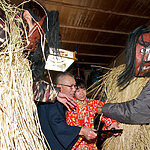
![What is Minamida Onsen Hotel Appleland, a Tsugaru inn with an Apple Kannon statue? [Aomori Prefecture] IMG_2718](https://jp.neft.asia/wp-content/uploads/2023/01/IMG_2718-150x150.jpg)
![[Shimokita Peninsula, Aomori Prefecture] Shimokita Peninsula Geopark. Rich hot springs spring up on the northernmost peninsula of Honshu 24734759_m](https://jp.neft.asia/wp-content/uploads/2023/02/24734759_m-150x150.jpg)
![The mysterious world of Shimokita Peninsula Geopark: "The northernmost monkeys at Mount Osore and Hotokegaura" [Aomori Prefecture] 25110883_m](https://jp.neft.asia/wp-content/uploads/2022/11/25110883_m-150x150.jpg)


!["Grilled Squid Street" is famous for its squid curtains! The concentrated flavor has many repeat customers [Aomori Prefecture] 1088_Squid Curtain](https://jp.neft.asia/wp-content/uploads/2018/11/621b49eff7eed2fb8caee235a00963e0-150x150.jpg)
![[Aomori Prefecture] It's not just food! Tohoku's dazzling craftsmanship! 5 craft souvenirs to choose from 1 Tsugaru lacquerware](https://jp.neft.asia/wp-content/uploads/2021/11/832bdccffb961dac52ac9e3b69594280-150x150.jpg)
![[Aomori Prefecture] How cold is it in Aomori? Here are some tips to protect yourself from the cold during your winter trip to Aomori! 25097708_m](https://jp.neft.asia/wp-content/uploads/2023/02/25097708_m-150x150.jpg)
